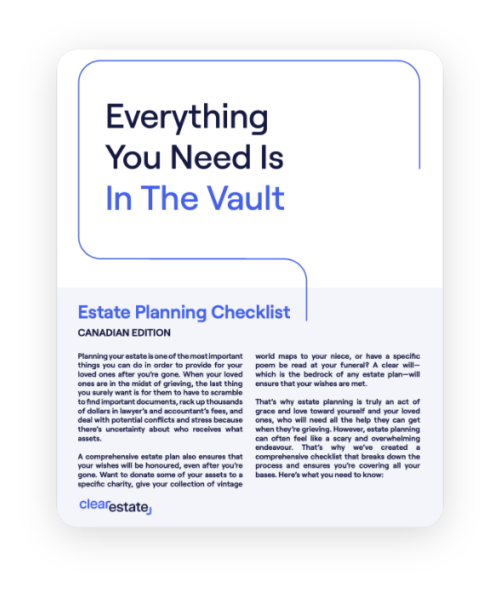Estate Planning
Nov 29, 2024
7 Critical Trust Fund Mistakes Parents Must Avoid in 2025
Setting up a trust fund? Learn the biggest mistake parents make and ensure your child's financial security with expert guidance.
Part of the estate planning process is choosing a responsible estate executor, someone who will look after the interests of your estate


Estate planning can help your family avoid unnecessary taxes and smooth out the probate process. It can also ensure that your assets are distributed according to your wishes, instead of being left up to the decisions of a court. Estate planning can even help you as you age, ensuring that you're able to pay for long-term care or have your wishes honored in the event you can't advocate for yourself.
Part of the estate planning process is choosing a responsible estate executor, someone who will look after the interests of your estate and comply with the terms of your will and/ or living will.
We regularly share relevant information about wills and estates.
If you’re planning ahead, then you’re in charge of choosing an executor and naming them in your will. This individual is responsible for administering the directives of your will, working with the probate court to ensure that your assets are properly distributed and that fiscally responsible decisions are made on behalf of the estate. This is a position of great responsibility, and the executor must act on your behalf to ensure that the assets are allocated properly.
There are a few things to consider when choosing an executor:
If you don't name an executor of your estate, then the probate court will appoint an executor. This person will have the same responsibilities as the executor, but may not be the person you'd prefer, and may be unprepared for the tasks and unaware of your specific wishes.
If there is no will, then the right to administer the estate is determined by law. The first person chosen by the courts is generally the surviving spouse. However, children may also petition the court, depending on your state or province, to administer the estate and disperse assets. You should check with an attorney, as laws can vary by region.
A named executor doesn't legally have to accept the role. That’s why it’s important to discuss your choices with your chosen executor, and perhaps have a back-up in case one is unable or unwilling to take on the responsibilities.
The team at ClearEstate can help you with all your estate planning needs, from naming guardians of minor children to distributing assets to finding the right estate executor to work with the probate court. Give us a call today or visit us online to learn more!
 Secure Your Legacy
Secure Your Legacy
Get your free 12-step Estate Planning checklist now. 89% of readers complete their estate plan within 3 months of using our guide.
Instantly Access Now